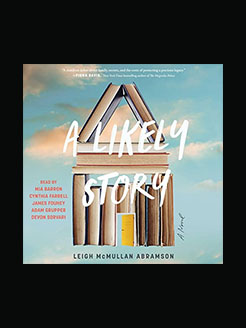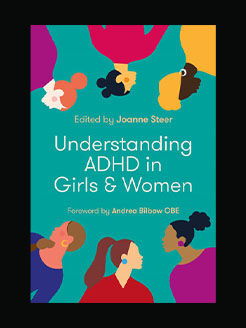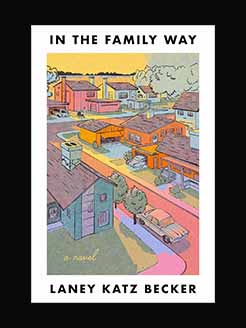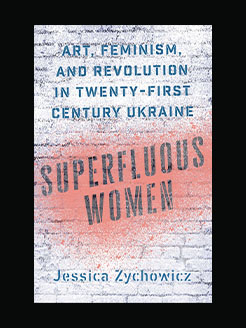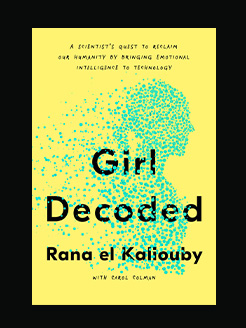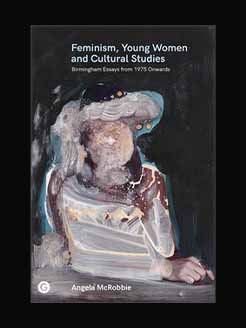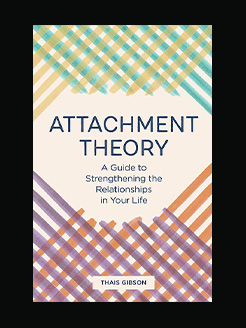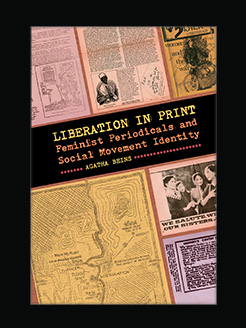Published in 2022
279 pages
Pak Kyongni (1926 – 2008) was a prominent South Korean novelist. She was born in Tongyeong, South Gyeongsang Province, and later lived in Wonju Gangwon Province. Pak made her literary debut in 1955, with Gyesan (계산, Calculations). She is, however, most well known for her 16-volume story Toji (토지, The Land), an epic saga set on the turbulent history of Korea during 19th and 20th century. It was later adapted into a movie, a television series and an opera. Pak Kyongni died from lung cancer at the age of 81. She was posthumously awarded the country’s top medal by the newly created Culture Ministry of South Korea for her promoting South Korean arts.
What is this book about?
The Age of Doubt collects some of Pak Kyongni’s most famous works, including her 1955 debut and other stories featuring characters that would appear in her 21-volume epic, Toji. Many of Pak’s stories reflect her own turbulent experiences during the period following the Korean war and the various South Korean dictatorships throughout the twentieth century. Many of Kyongni’s stories focus on postwar Korean society, specifically on women’s lives during this turbulent period.
Review from serena on goodreads:
Through seven stories, she paints a very different picture than what we typically think of when we think of war. instead of soldiers and the battlefield, we are made to look the other way – at the people left behind by those who go to war, and the effects it has on them.
Pak explores a range of issues, but all within the same vein of women’s suffering. This is explicitly shown though stories where the protagonists are married women (often widowed), and more implicitly hinted at in stories where the women have yet to marry. Whilst unmarried women might hope to turn their fate around, those already spoken for seem tightly bound by the shackles of patriarchy for the rest of their lives.
Colonial Korea was fascinating to look at, but must have been painful to live in. Think corrupt hospitals where you need to personally procure blood, and corrupt temples where honor for the dead is solely dependent on the bounty of your offerings. Being alive in those times meant that the odds were stacked against you, doubly so if you’re a woman.
It is immensely sad to think about how these stories came into existence. Having lost both her husband and son in close succession during this period of time, Pak herself says that she would never have become a writer if she had been happy with her life. In fact, many of her stories are based off her own experiences, leaving us as readers to wonder where the line between fiction and autofiction lies.
Here’s to hoping that more of Pak Kyongni’s work gets translated to English, because more of the world needs to hear what she has to say.
(Translated by Sophie Bowman, Anton Hur, Slin Jung, You Jeong Kim, Paige Aniyah Morris, Mattho Mandersloot, Emily Yae Won, and Dasom Yang, with insightful commentary by Professor Kang Ji Hee.)
